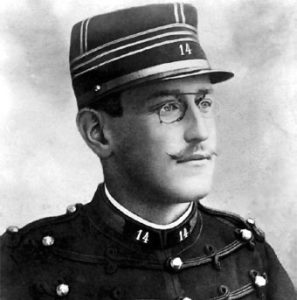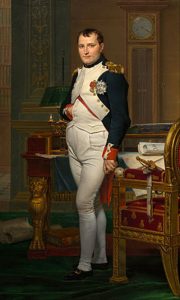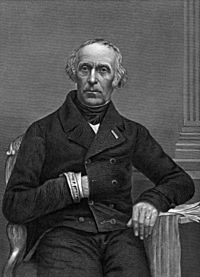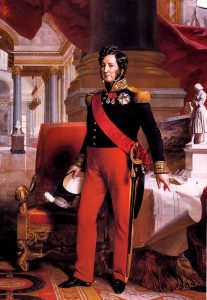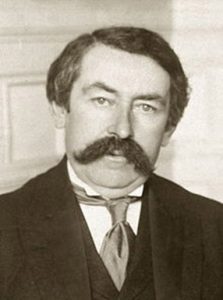
Imaginative re-construction of the marriage of Catherine and Own Tudor / womenshistory.about.com
The ‘gentry’ in English history were and are middle to upper class folk, untitled except for the odd baronet or hastily-dubbed knight, owning land, serving as magistrates, being ‘squires’ of villages. They were the backbone of English rustic life, fighting and often giving up their lives for their king; on the reverse side they frequently plotted against their king, and were usually axed for their pains.
The Tudors, obscure and nearly penniless squires from North Wales, would have remained obscure were it not for the fact that one of them, a handsome young man called Owen, had got himself into service in the royal household. He was about twenty-six years old when it is said he ‘caught the eye’ of a widow only a year or two younger; but she was the widow of Henry V – that gallant royal winner of the battle at Agincourt, the third great victory for England in the Hundred Years War against the French after Creçy and Poitiers. Henry had died young and left his wife, Catherine of Valois, herself a French princess as well as ex-Queen of England, at the London court. Just how young Owen managed to ‘catch her eye’ is not noted, but it is said that he fell drunk into her bed (a likely story!), or that she saw the good-looking youth bathing without the benefit of clothes in the River Thames. An historian of the time, who apparently knew Catherine well, wrote that she was ‘unable fully to curb her carnal passions’ when confronted with the superb sight of young Owen disporting himself in the water. (more…)


